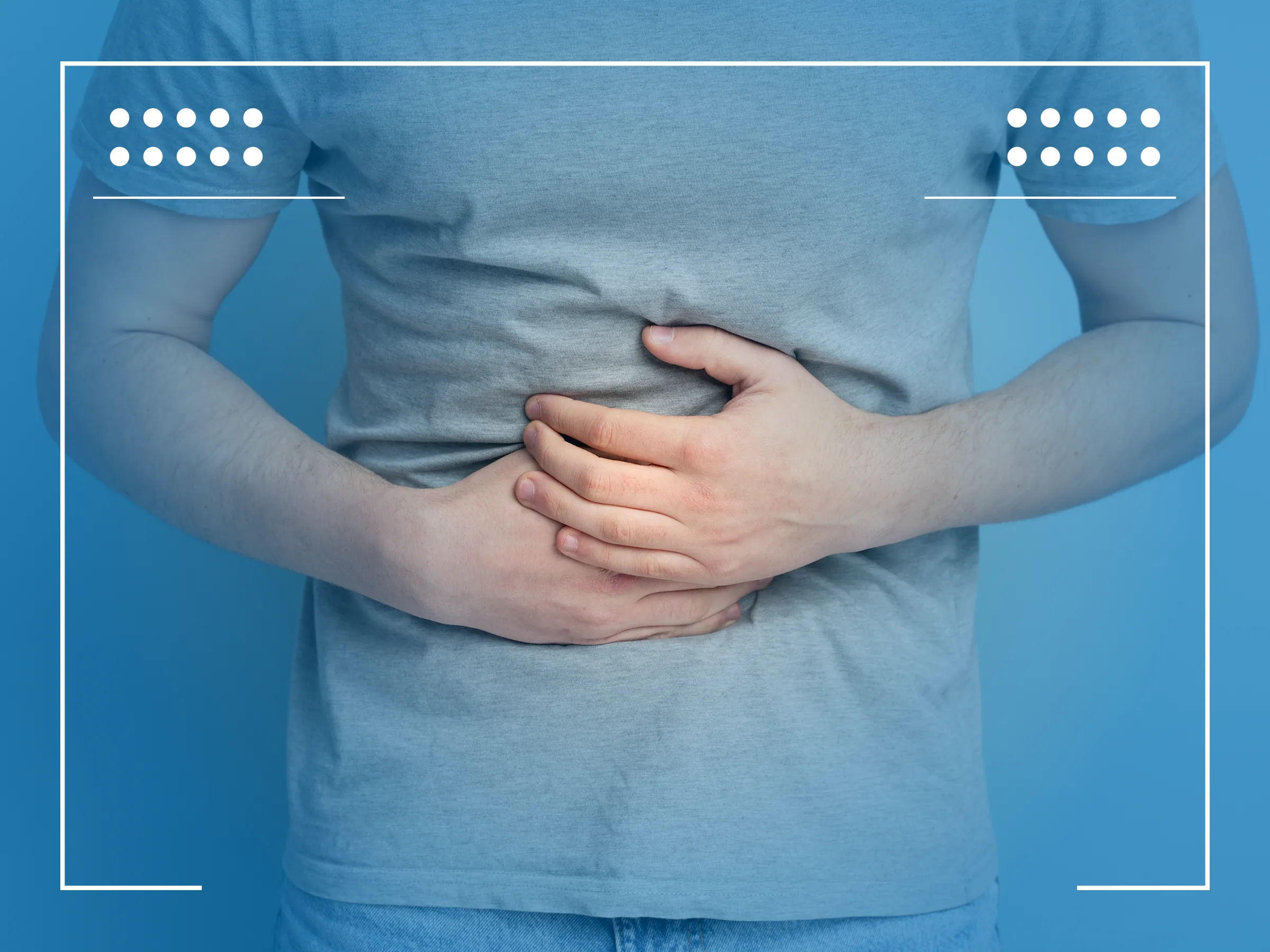“Bowel leakage a sign of cancer?” is a question that raises concerns among many individuals who experience this symptom. Bowel leakage can be unsettling and disruptive, it is not typically a direct sign of cancer. This condition can be caused by a variety of other health issues, including muscular or nerve damage, certain diseases, or the aftermath of surgery.
“Bowel leakage a sign of cancer?” is a common worry that might lead people to assume the worst about their health. However, cancer is just one of many possible explanations for bowel leakage, and it is relatively rare compared to other causes like gastrointestinal infections, inflammatory bowel disease, or even the effects of medication. A thorough medical evaluation is crucial to identify the underlying issue and to ensure that any serious conditions are addressed promptly.
The leak is not always associated with cancer. However, in terms of the risk of cancer or other serious diseases, the following situations are more indicative of risk:
- If leakage starts suddenly and does not go away within a few days, you should consult a health professional.
- If symptoms worsen over time or become more frequent, it may be a sign of an underlying condition.
- If intestinal leakage is accompanied by other symptoms such as abdominal pain, diarrhea, constipation, weight loss, consult a physician immediately.
- If this problem interferes with daily activities, work or social interactions, it is important to see a health professional to improve quality of life.
- If you notice pain, discomfort or other changes in toilet habits associated with leaky bowel, these should be evaluated.
- The presence of blood in the stool, especially dark or bright red blood, requires a more detailed examination.
Is Bowel Leakage a Sign of Colon Cancer?
Bowel leakage, or fecal incontinence, is a condition that can be distressing and may raise concerns about underlying health issues, including colon cancer. Although bowel leakage itself is not exclusively a symptom of colon cancer, it is important to consider it in the broader context of other symptoms and risk factors.
One of the key symptoms of colon cancer in a woman includes changes in bowel habits, such as persistent diarrhea or constipation. Additionally, woman signs of colon cancer in stool like blood, whether bright red or very dark, should not be ignored as these may indicate the presence of cancerous growths in the colon. Bowel incontinence might also accompany these symptoms, necessitating further medical evaluation.
Apart from colon cancer, anal leakage causes can vary widely, ranging from dietary habits to more severe health issues. For instance, anal leakage after bowel movement can occur due to diminished sphincter control or damage to the nerves controlling the anus, often unrelated to malignancies.
Treatment for bowel leakage, such as fecal incontinence treatment, depends largely on the underlying cause. Options may include dietary adjustments, medications, or surgical interventions in more severe cases. Leaking from rectum might also prompt a doctor to recommend diagnostic tests like a colonoscopy, which can help identify or rule out the presence of cancerous lesions in the colon.
In the case of symptoms of bowel cancer in a woman, which might overlap with general bowel cancer symptoms woman, additional signs to watch for include unexplained weight loss, abdominal pain, and a persistent feeling of fatigue. These symptoms warrant a comprehensive evaluation by a healthcare professional.
Understanding what causes colon cancer can also help in addressing some risk factors such as age, family history, a high-fat diet, and a sedentary lifestyle. While is colon cancer painful is a common question, pain is not always present, especially in the early stages of the disease.
Other related conditions, like urinary incontinence or bladder issues, can also manifest in similar ways, underscoring the importance of a thorough diagnostic approach to differentiate between the causes of symptoms effectively.
In conclusion, while bowel leakage and anal leakage are concerning symptoms, they are not definitive signs of colon cancer by themselves. If you are experiencing any of these symptoms, it’s crucial to consult with a healthcare provider to determine the cause and appropriate treatment. Early detection and management are key in addressing not only colon cancer but also other potential causes of these symptoms.
